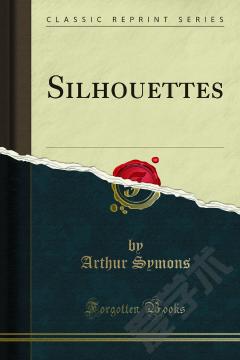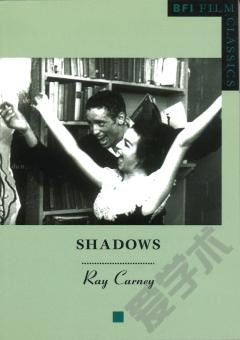Silhouettes
Here, for once, in connection with these Silhouettes, I have not, if my recollection serves me, been accused of actual immorality. I am but a fair way along the primrose path, not yet within singeing distance of the everlasting bonfire. In other words, I have not yet written London Nights, which, it appears (i can scarcely realize it, in my innocent abstraétion in aesthetical matters), has no very salutary reputation among the blameless moralists of the press. I need not, therefore, on this occasion, concern myself with more than the curious fallacy by which there is supposed to be some thing inherently wrong in artistic work which deals frankly and lightly with the very real charm of the lighter emotions and the more fleeting sensations. I do not wish to assert that the kind of verse which happened to refleft certain moods of mine at a certain period of my life, is the best kind of verse in itself, or is likely to seem to me, in other years, when other moods may have made me their own, the best kind of verse for my own expression of myself. Nor do I affeft to doubt that the creation of the supreme emotion is a higher form of art than the reflection of the most exquisite sensation, the evocation of the most magical impression. I claim only an equal liberty for the rendering of every mood of that variable and inexplicable and contradictory creature which we call ourselves, of every aspect under which we are gifted or condemned to apprehend the beauty and strangeness and curiosity of the visible world.
{{comment.content}}








 京公网安备 11010802027623号
京公网安备 11010802027623号